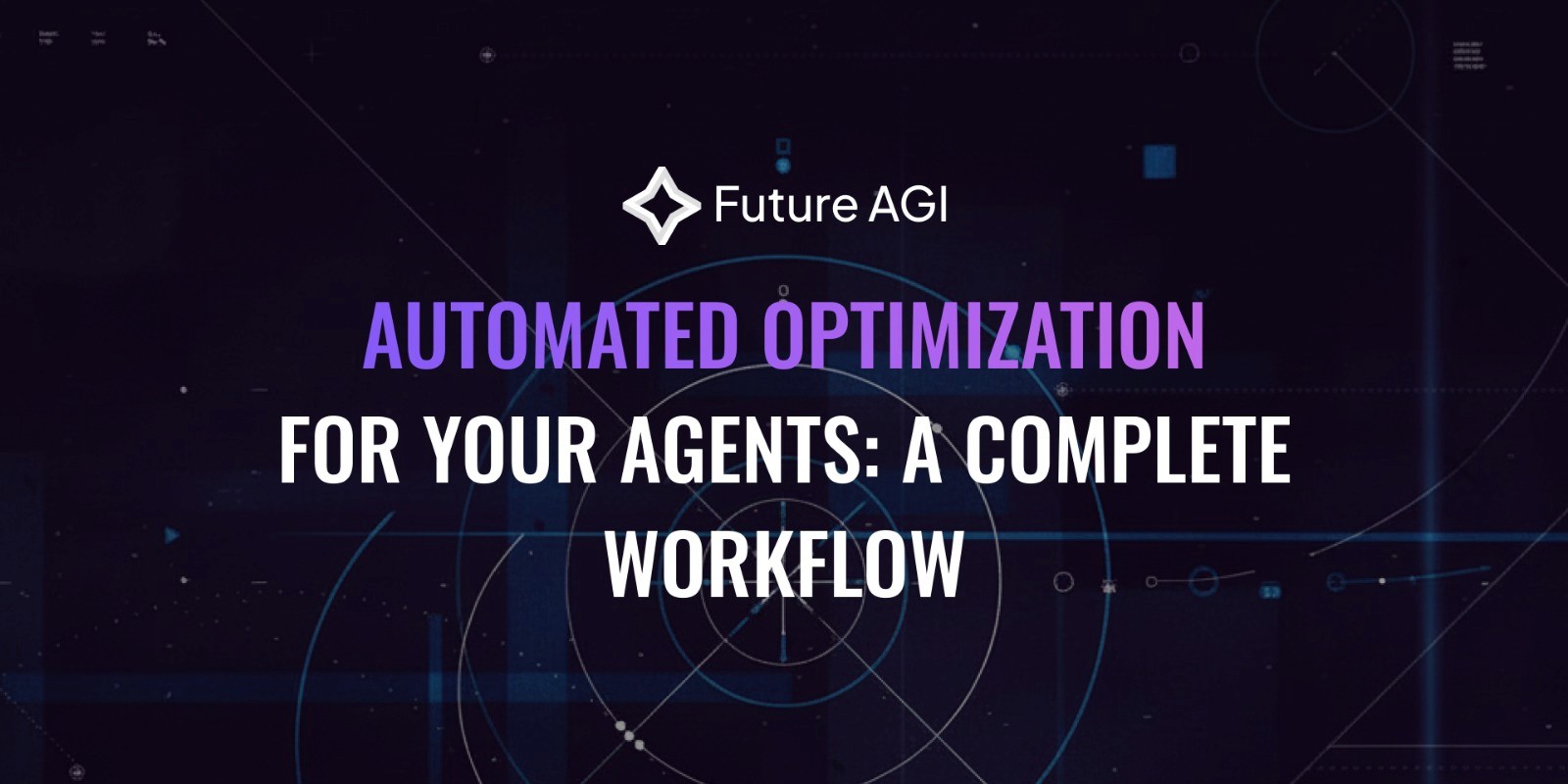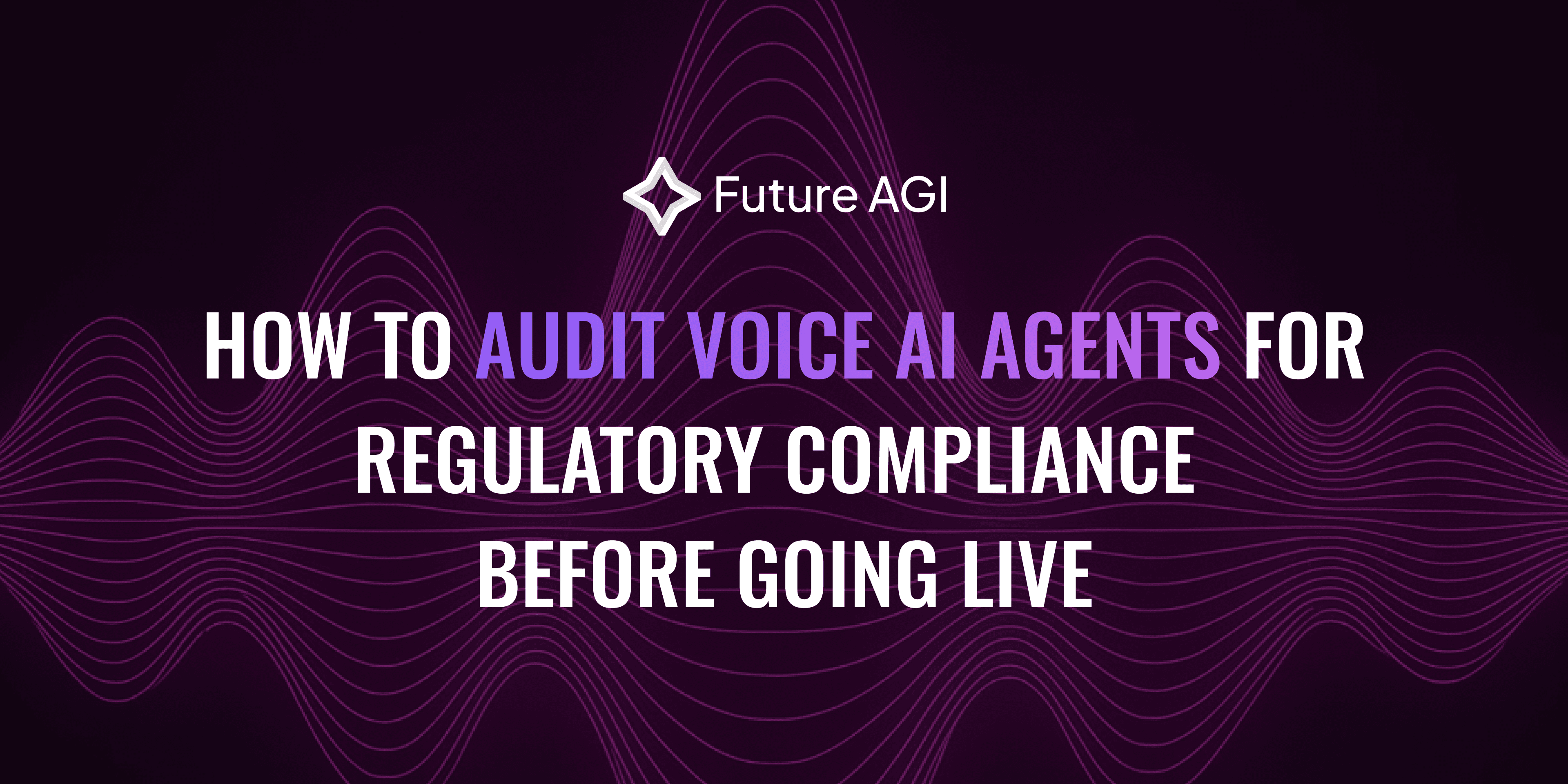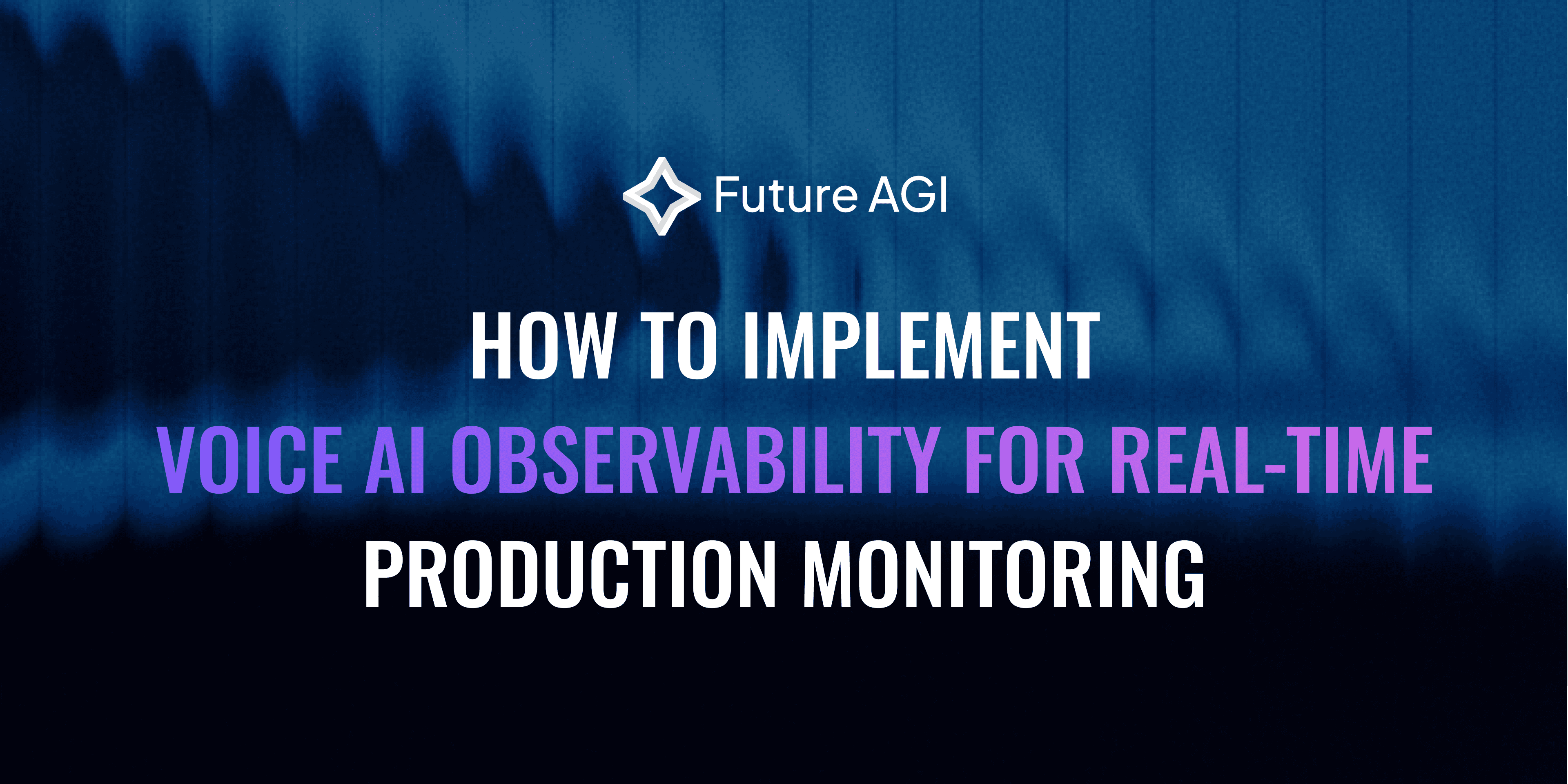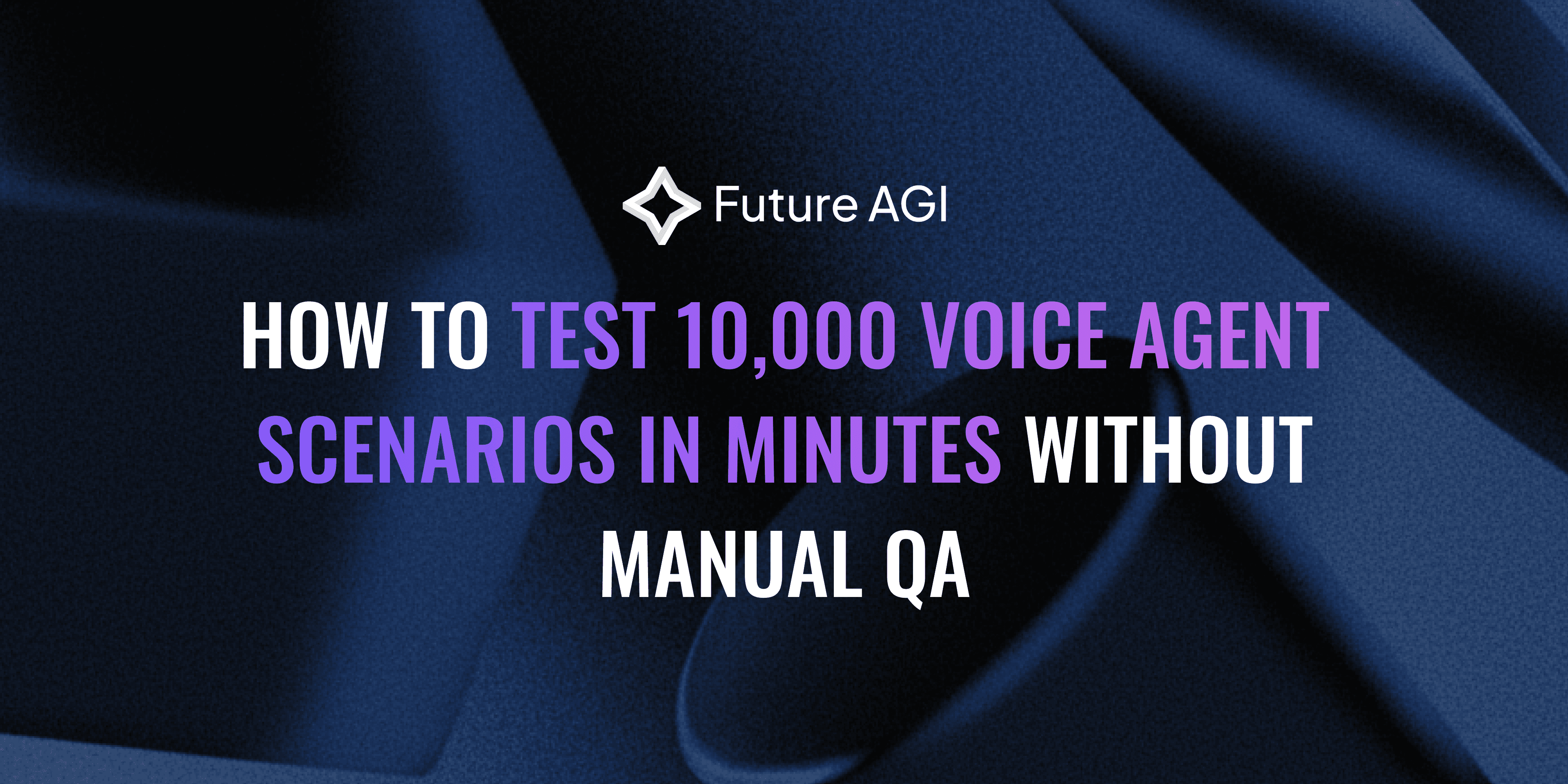Overview
AI is no longer the "future" – it’s the present. But what’s more exciting than traditional AI solutions are Agentic AI workflows. They represent the next frontier in intelligent systems, where AI agents don’t just automate tasks but autonomously make decisions and drive outcomes. Think of AI systems that learn, adapt, and adjust their actions based on real-time data, just like a human team member. These systems are not only reshaping industries but also creating new opportunities for AI-driven innovation.
But with great power comes great responsibility. As we dive into the rise of agentic AI workflows, we’ll explore the good, the bad, and the unknown. Whether you’re a data scientist, ML developer, or AI product owner, this article will unpack the transformative potential of agentic AI, highlight the challenges that lie ahead, and discuss what the future holds.
What Are Agentic AI Workflows?
At the core of agentic AI workflows is the concept of autonomous decision-making. While traditional AI models focus on pattern recognition or predictive analytics, agentic AI systems take things further. They autonomously perform tasks, interact with their environment, and adapt to new inputs without human oversight. These AI agents can be deployed across various use cases—from automating business processes and handling customer service inquiries to making real-time decisions in complex environments like healthcare, finance, and logistics. To effectively deploy agentic AI applications, it's crucial to focus on productionizing these systems by designing multi-agent architectures, ensuring scalability, and implementing robust communication protocols.
A simple way to understand this is by thinking of an AI agent as an autonomous task performer. For example, an AI agent in e-commerce can not only recommend products but also autonomously adjust pricing, optimize inventory, and even predict supply chain disruptions. This level of adaptability and autonomy is what makes agentic workflows so powerful.
Image: How Agentic AI Workflows Enable Autonomous Decision-Making
The Real-World Applications of Agentic AI Workflows
The possibilities for agentic AI workflows are vast, and we’re already starting to see tangible examples across industries.
Healthcare: AI agents can monitor patient data in real-time, alert doctors of any potential issues, and even suggest treatment plans based on the latest research. The AI doesn’t just assist; it can decide what treatment might be most effective based on available data and historical outcomes.
Finance: In financial markets, agentic AI workflows are being used to optimize trading strategies, assess risks, and make buy/sell decisions autonomously. AI agents can process massive amounts of data and react faster than human traders.
Customer Service: AI-powered agents can handle customer service tasks end-to-end, from answering questions to resolving issues and learning from each interaction. Imagine an AI agent that knows how to handle complex customer concerns without needing human intervention.
These are just a few examples of how agentic AI workflows are making an impact. As data scientists and developers, it’s clear that we’re on the cusp of a major shift in how we design and deploy intelligent systems.
The Benefits of Agentic AI Workflows
What makes agentic AI workflows so revolutionary? The benefits are clear:
Efficiency: Agentic AI workflows can handle tasks autonomously, saving time and resources. They can operate 24/7 without fatigue, driving efficiency across industries.
Scalability: Once an AI agent is trained, it can scale to handle a massive volume of tasks across different business units or even globally. This is particularly evident in SLM-powered agentic systems, where specialized AI models optimize task-specific operations at scale.
Adaptability: These systems can learn from new data and adapt to changing environments in real-time. This makes them more resilient and flexible than traditional rule-based AI systems.
Cost Reduction: By automating decision-making and eliminating the need for human intervention, agentic AI workflows help reduce operational costs while improving accuracy and speed.
The Ethical and Technical Challenges
While the promise of agentic AI workflows is exciting, we must tread carefully. Ethical concerns are at the forefront of AI development, especially as these systems become more autonomous.
Bias in AI Decision-Making: If not carefully trained, AI agents can perpetuate existing biases in the data they learn from. For example, if an AI system in hiring is trained on biased historical data, it could make decisions that are unfair or discriminatory.
Transparency and Accountability: With AI agents making independent decisions, it becomes challenging to understand how those decisions are made—leading to the so-called "black-box" problem. This lack of explainability can be problematic, especially in high-stakes industries like healthcare or finance.
Autonomy vs. Control: As AI agents gain more autonomy, how do we ensure that they align with human values? Who is responsible if an AI agent makes a decision that causes harm? These are critical questions that need addressing.
The Future of Agentic AI Workflows
Looking ahead, the development of agentic AI workflows is only going to accelerate. As machine learning and AGI (Artificial General Intelligence) continue to evolve, we will see even more sophisticated AI agents capable of reasoning, making moral judgments, and understanding complex, dynamic environments.
Here are a few trends we expect to see:
More Intelligent Collaboration: The future will likely see AI agents working in tandem with human teams, complementing human decision-making rather than replacing it. These systems will act as co-workers, assisting in tasks but still leaving room for human insight and oversight.
Advanced AGI Integration: As AGI systems mature, they will enable AI agents to perform a wider range of tasks across different domains, offering more versatility and power in automation.
Ethical AI Frameworks: As AI agents grow in autonomy, we’ll likely see the development of stricter regulations and ethical frameworks to ensure that these systems operate within socially acceptable bounds.
Conclusion: Navigating the Future of Agentic AI
The future of agentic AI workflows is not just about efficiency and automation—it’s about empowering businesses to achieve intelligent, real-time decision-making that adapts to ever-changing circumstances. But with this power comes the need for responsible development. As we move forward, it’s essential that we address the ethical challenges and ensure that AI systems are built with transparency, fairness, and accountability in mind.
For data scientists, ML developers, and AI product owners, the rise of agentic AI presents an exciting opportunity to push the boundaries of what’s possible. But as we innovate, we must also remain grounded in our responsibility to create AI systems that serve humanity’s best interests.
The good news is that we’re not alone in this journey. The AI community is actively engaging in conversations about these issues, and by working together, we can create AI systems that are both powerful and ethical. The future is bright for agentic AI workflows—and it’s up to us to guide it.










